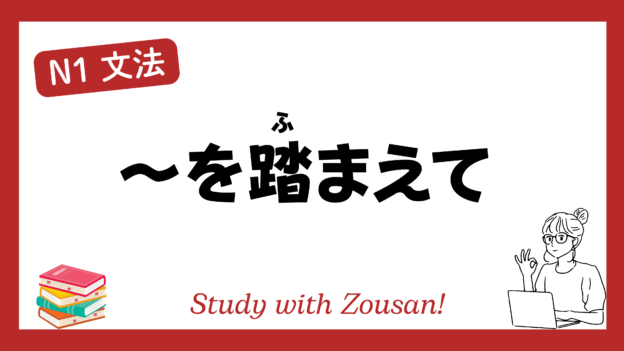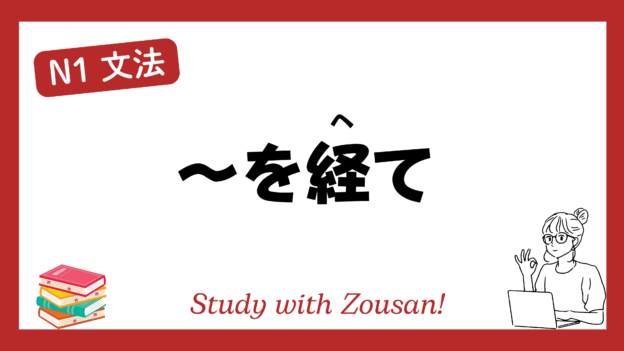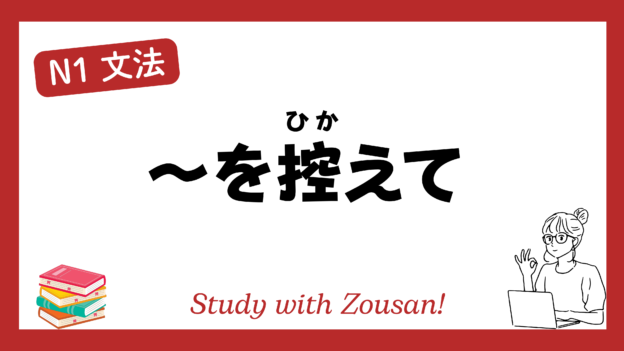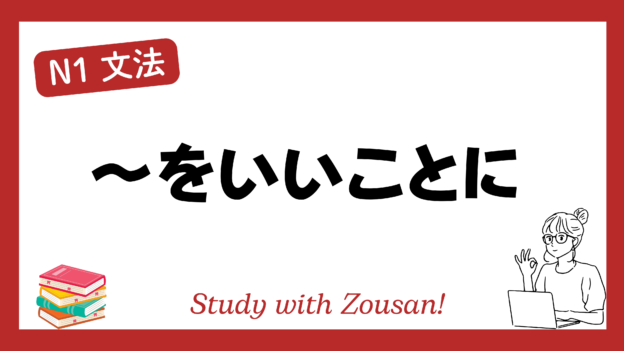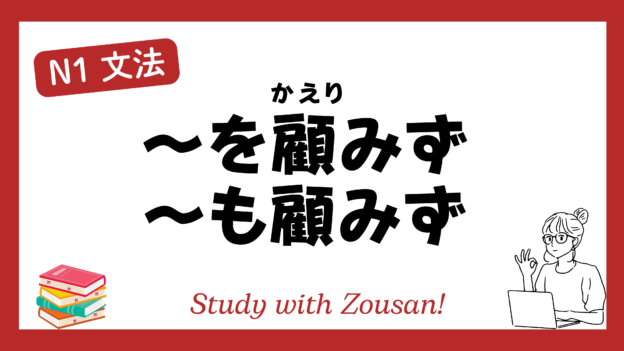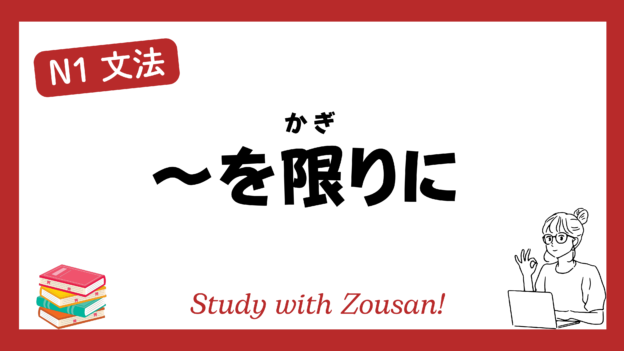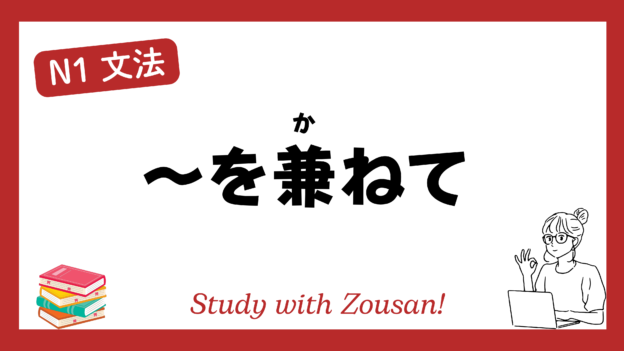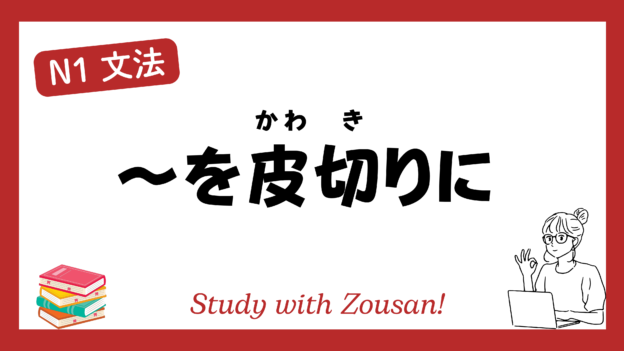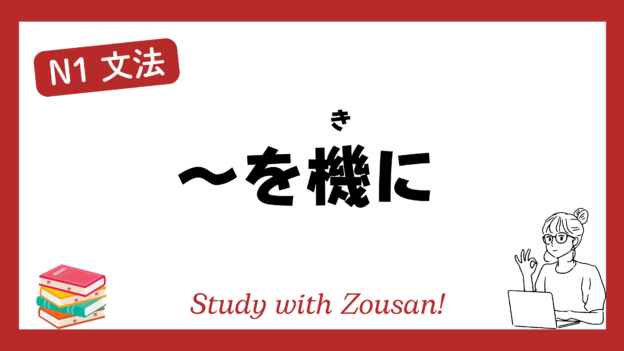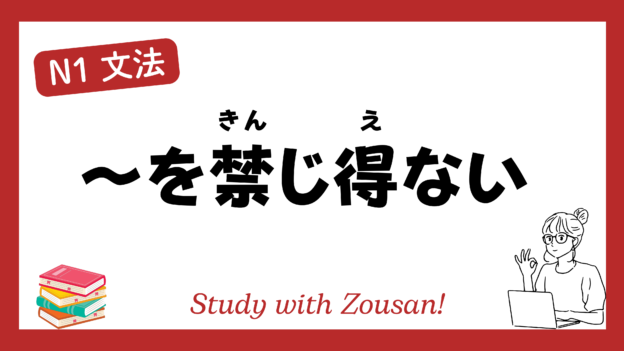Meaning: “based on…”, “taking into account…”
The structure ~を踏まえて (~をふまえて) is used to express that an action or decision is made based on certain facts, situations, or events. It emphasizes that the speaker has considered relevant information before taking action or making a decision.
※Note: This structure is often used in written or formal contexts when making plans or decisions based on facts or real situations.
Structure:
| Noun | + を踏まえて |
Example:
-
-
-
🌟 今回の結果を踏まえて、次のステップを考えます。
(こんかい の けっか を ふまえて、つぎ の ステップ を かんがえます。)
Based on this result, I will consider the next step. -
🌟 このデータを踏まえて、対策を練る必要がある。
(この データ を ふまえて、たいさく を ねる ひつよう が ある。)
It is necessary to formulate countermeasures based on this data. -
🌟 意見を踏まえて、プレゼンの内容を修正します。
(いけん を ふまえて、プレゼン の ないよう を しゅうせい します。)
I will revise the presentation based on the feedback. -
🌟 調査結果を踏まえて、次の会議で議論します。
(ちょうさ けっか を ふまえて、つぎ の かいぎ で ぎろん します。)
We will discuss it in the next meeting based on the survey results. -
🌟 過去の経験を踏まえて、新しいプロジェクトを進めます。
(かこ の けいけん を ふまえて、あたらしい プロジェクト を すすめます。)
Based on past experience, we will proceed with the new project. -
🌟 状況を踏まえて、今後の計画を調整します。
(じょうきょう を ふまえて、こんご の けいかく を ちょうせい します。)
Taking the situation into account, we will adjust our future plans. -
🌟 この事実を踏まえて、判断を下します。
(この じじつ を ふまえて、はんだん を くだします。)
I will make a decision based on this fact. -
🌟 現場の声を踏まえて、サービスを改善します。
(げんば の こえ を ふまえて、サービス を かいぜん します。)
We will improve the service based on feedback from the field. -
🌟 現状を踏まえて、対応を検討します。
(げんじょう を ふまえて、たいおう を けんとう します。)
We will consider a response based on the current situation. -
🌟 先輩のアドバイスを踏まえて、進路を決めます。
(せんぱい の アドバイス を ふまえて、しんろ を きめます。)
I will decide my career path based on my senior’s advice.
-
-


